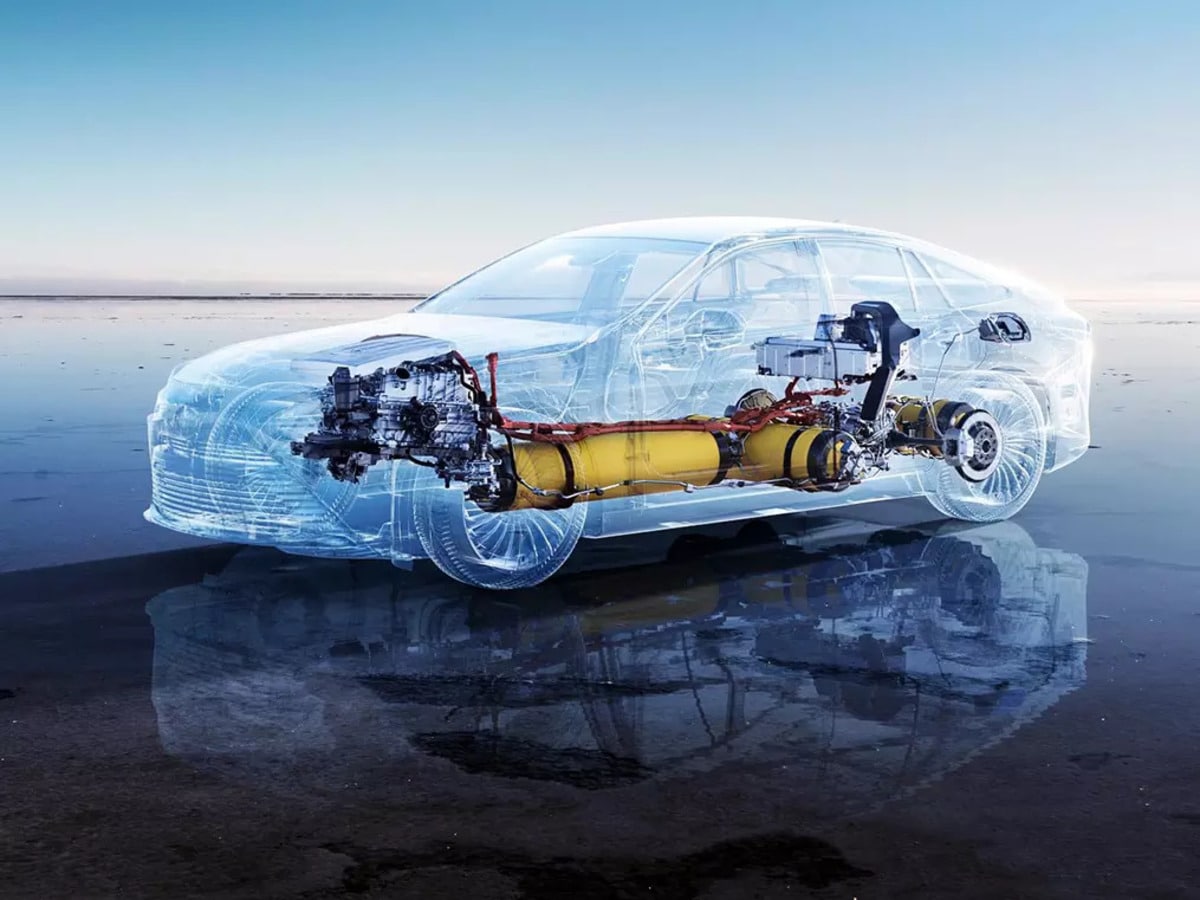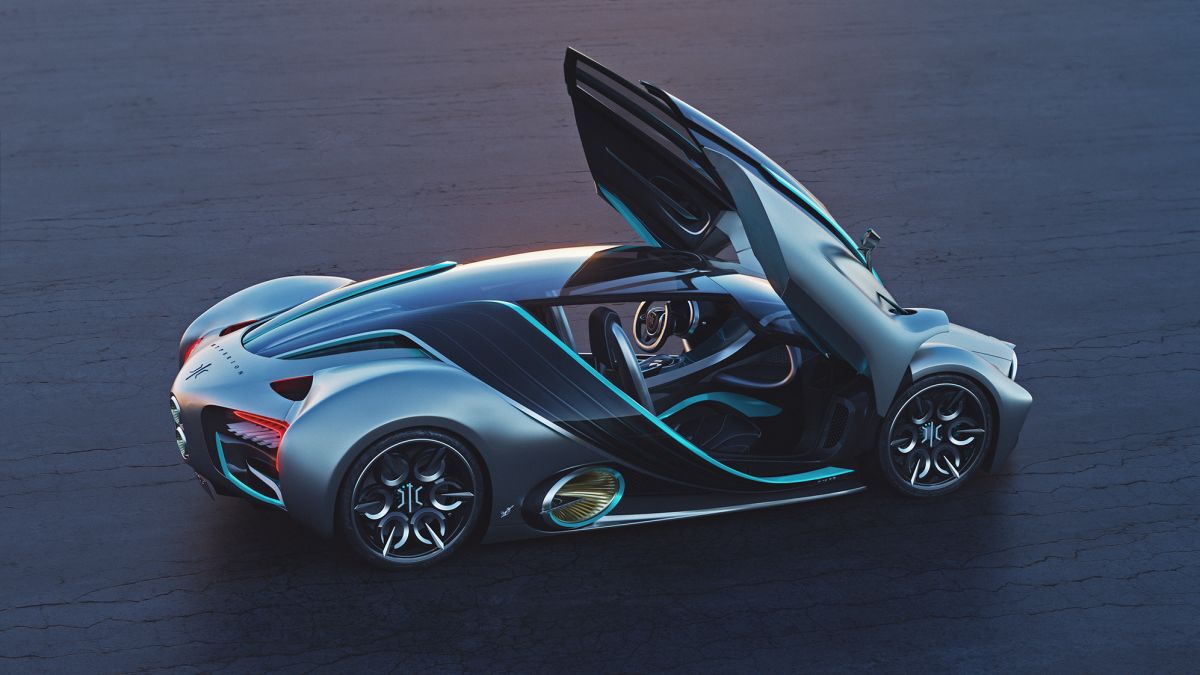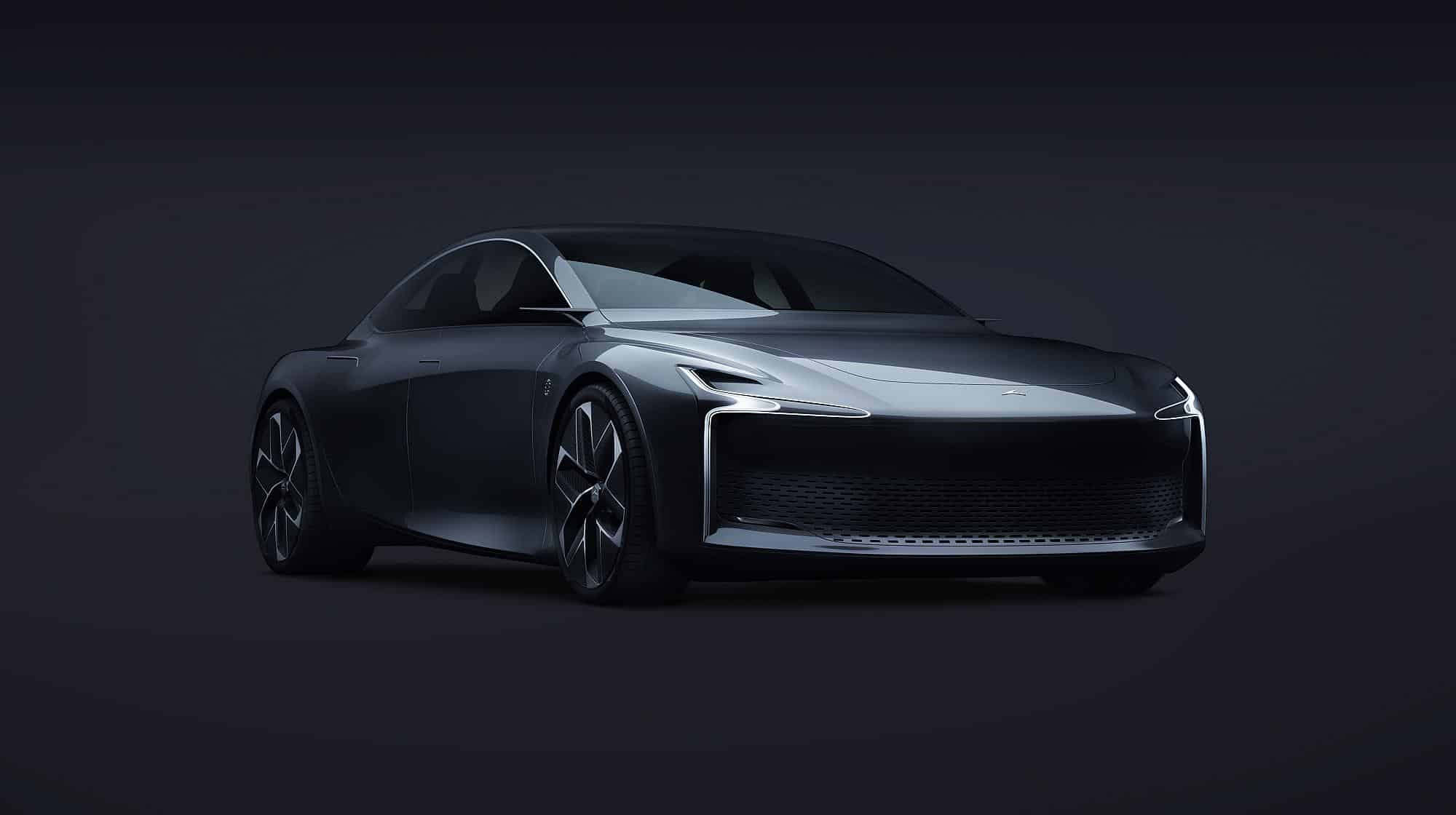The electric car revolution is fully underway, and many motorists have been making the switch in recent times. This is understandable when the public is becoming increasingly eco-conscious, plus electric cars allow people to make significant long-term savings (particularly with the rising fuel costs). There are both battery-powered and hydrogen-powered electric cars with some believing that the latter will be the main option in the years to come.
How is hydrogen produced?
Hydrogen is mostly produced thanks to the help of oil and gas around the world, making it a not-so-green alternative to battery-powered vehicles which bypass the need to have fuel (hydrogen) produced, then have it stored safely in large tanks. The emission-free production of Hydrogen is also problematic as it typically requires a lot of energy to begin with, whether that be coming from wind or solar, which is not in abundant supply. Then the electrolysis process requires around 9 liters of water to create just 1kg of Hydrogen.

It is also worth looking at hydrogen cars and how they work. Hydrogen fuel cell electric cars work by producing electricity from a chemical reaction between hydrogen and oxygen, which can then power the vehicle without the need for a battery. Hydrogen tanks then need to be refilled, which often takes less than 5 minutes. This allows for zero emissions, and some believe that hydrogen will be key not just in the electric car market but also in terms of creating renewable energy.
Hydrogen vs battery
There are certainly benefits to hydrogen-fueled vehicles, but there are also drawbacks too. First, hydrogen fuel cells are regarded as one of the cleanest sources of energy, so they are ideal for those passionate about leading a greener lifestyle. Hydrogen is also an efficient source of energy and one that can be easy to produce, plus they have a shorter refuel time compared to other electric cars. Hydrogen cars often have a longer range than electric, but the battery technology is constantly improving.

In terms of drawbacks, the cost of hydrogen-electric cars is high even compared to battery-powered electric cars and this will put off many. Depreciation is also a bigger problem, which means that it may not be the best financial investment. There is currently not much of a charging network unlike regular electric cars and there is currently a limited selection of vehicles available.
Sales
Battery-powered electric vehicle sales have skyrocketed in recent times with 4.2 million sales in 2021 up from 2.01 million the year before. Markets around the world that were slow with the uptake have started to embrace electric cars partly thanks to the arrival of the highly anticipated Tesla Model 3. Hydrogen electric cars only sold 15,500 units in 2021, but demand did increase by 84%. It is South Korea that leads the way in this field, and it will be interesting to see if the market continues to grow in the coming years, especially as the infrastructure improves and more vehicles are made available. Leasing is a good option for anyone thinking about switching to electric but is not quite ready for the commitment just yet.

The electric vehicle market is flourishing, and it will be interesting to see how hydrogen-fueled electric cars compete with battery-powered electric cars in the years to come.













